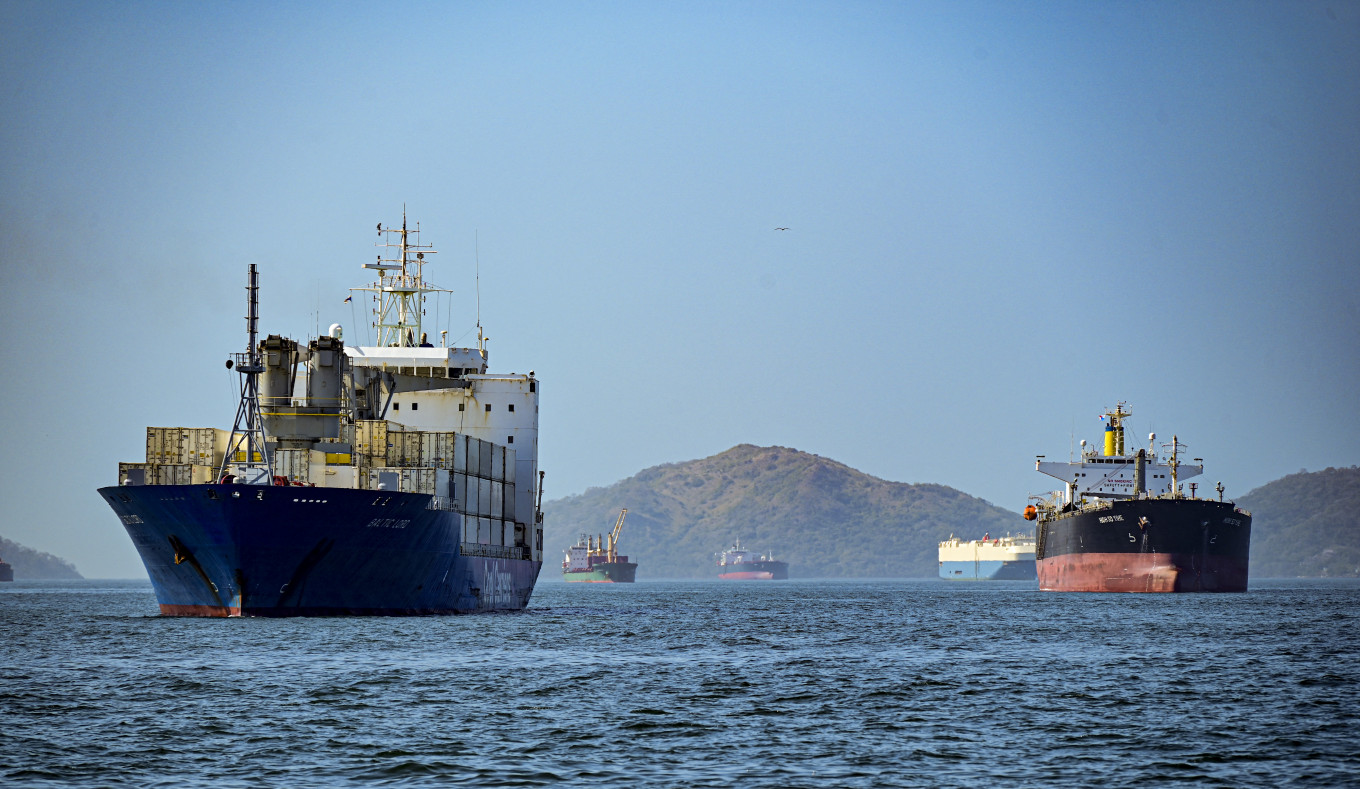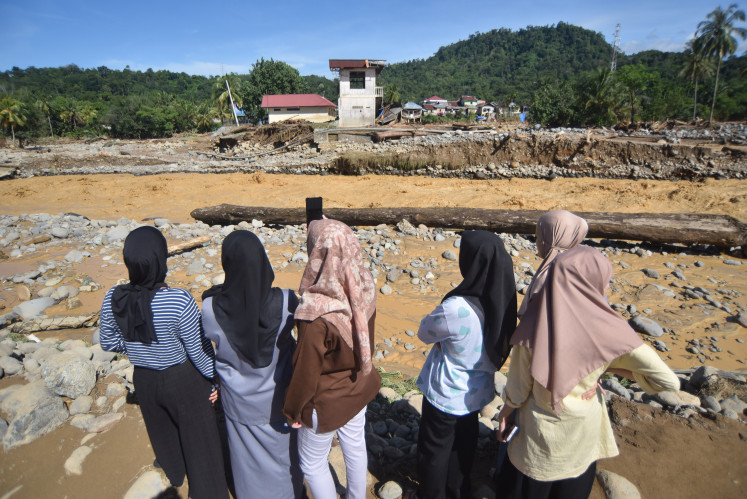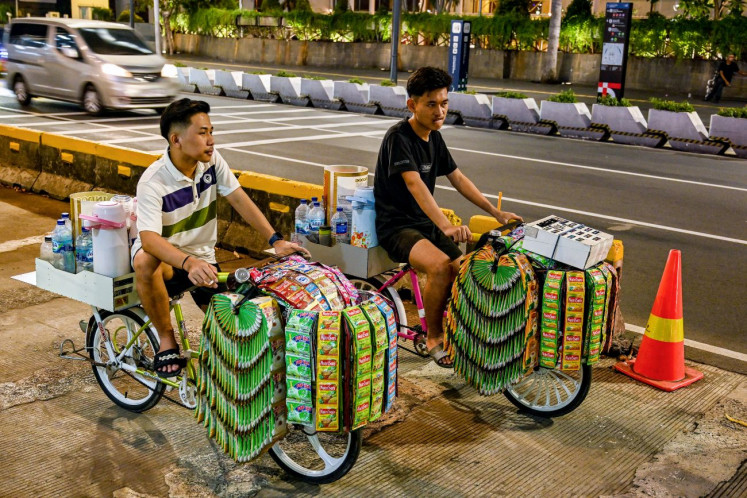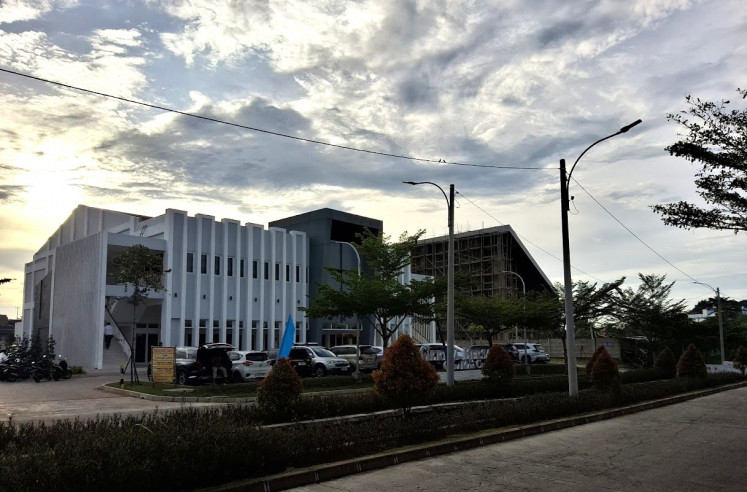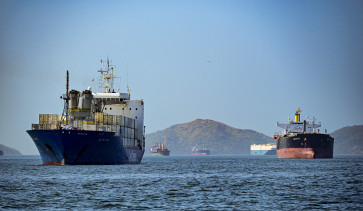Popular Reads
Top Results
Can't find what you're looking for?
View all search resultsPopular Reads
Top Results
Can't find what you're looking for?
View all search resultsFood chokepoint: Disruptions and implications for Asia
Import disruptions pose inflation risks, contributing to a cost-of-living crisis.
Change text size
Gift Premium Articles
to Anyone
I
n recent years, global food security has suffered from overlapping crises caused by conflicts, geopolitical tensions, climate change and the COVID-19 pandemic, resulting in severe food supply disruptions. These disruptions have been accentuated by several “food chokepoints” such as in the Red Sea where Yemen-based Houthi fighters have attacked merchant ships and caused uncertainty in food shipments via the Suez Canal. Shipping traffic through the Panama Canal has decreased because of drought, which has also hit river transportation systems such as the Mississippi River and the Rhine River.
As the global food system is already increasingly dependent on the movement of food from a few major “breadbasket” exporting regions to food-deficit areas around the world – often through these “food chokepoints” – the reliance on specific shipping routes intensifies the pressure on global food security. It also impacts agricultural product competitiveness and delivery schedules, as well as food availability and prices.
Longer shipping durations also put perishable foods at risk, while shipping disruptions such as changes to shipping schedules strain cargo handling and road transport sectors, causing major delays.
What this means for Asia
For both food-exporting and importing countries, challenges loom. Exporting countries may face profit margin pressures, which reduce prices for producers, while importing countries grapple with potential increases in transportation costs, leading to higher food prices, greater price volatility and altered consumption patterns. Southeast Asia, East Asia and South Asia face heightened vulnerability because of their reliance on European and Black Sea markets for key agricultural products and fertilizers.
Import disruptions can lead to increased inflation, contributing to a cost-of-living crisis. In countries already grappling with crises like extreme weather (Pakistan), conflict (Bangladesh and Myanmar), economic turmoil (Sri Lanka) and political uncertainties (Thailand), food price inflation exacerbates poverty, stalling socioeconomic growth. The most impacted –lower-income and middle-income households – may also face heightened malnutrition risks, threatening to reverse decades of development progress in Asia.

